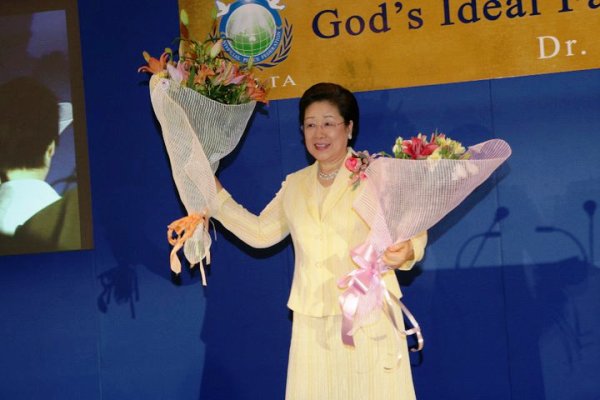![]()
The Words of the Cooper Family
|
|
The Words of the Cooper Family |

We were doing a kind of SWOT analysis in our church meeting in Cleeve house with leaders and staff about church development this morning.
One of the weaknesses that came up was lack of transparency and honesty in our movement's culture. I said that one of our strengths in the West is that we value the virtue of honesty, where in S.E. Asia honor and position is often a higher priority.
We got into a discussion and I offered an example of a recent situation in our movement where leader's failed to speak up about a reality, and the honest truth was revealed in the end by the movement's critics. I said that I had on that occasion decided to send out to my congregation the truth of the matter despite the fact that the church HQ was dragging its feet.
Someone then said that honesty is not always the best policy, and sharing about matters 'honestly' needs wisdom. They referred to situations where because sometimes 'things' are a matter of heart that information might not be helpful. If we are in positions of responsibility and leadership we have to use our judgment and loving heart about what information to disseminate and what to keep out of the public arena.
That sounded like very shaky ground. Someone mentioned that between a husband and wife if they had been brutally honest in their early years of marriage they would have been out on the street a long time ago.
Anyway, it all got a bit heated and then we moved on. But as I thought about it, I realized the problem was an assumption that the standard for honesty should be the same in a personal relationship as in a public body.
We cannot tell our wife that we don't like her new hair style and keep our moral integrity. But can we keep information to ourselves in quite the same way if someone we work with has done something we believe is wrong?
Anyhow, my comparison is a bit ineffective, but what I am trying to say is we should understand that there is a different standard of transparency and openness, honesty required when we are dealing with matters in a public organization.
Someone made a good point that if some people were more honest in their family relationships they would probably naturally be better at transparency in their public roles. Good point. But getting back to the nub of it:
Just consider if a manager in the NHS or the BBC explained at a public enquiry that they had not shared honestly about something that had happened in their team because they felt in their heart and out of their love that it would be unhelpful.
He or she would be taken to pieces. It would just not be an acceptable explanation.
Let us write out an ethical standard for the management of our organization, simply because in oriental culture is a bit unclear about honesty as a virtue, and we are a movement very sympathetic to oriental culture. Just so that we can all be clear what the line is. Otherwise power is misused because information IS power.